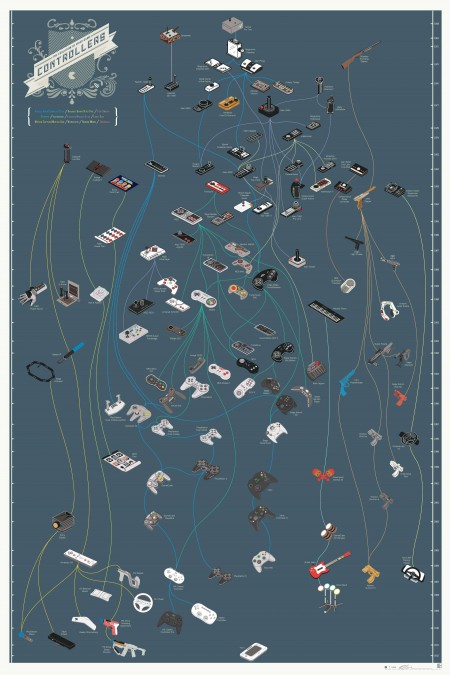I think I was overly optimistic when WiiWare was announced, imagining a future where consoles would be opened up to all developers, unleashing a wave of creativity.
But the question of control continues to be an important question, perhaps the most important for video games.
2d Boy Ron Carmel has posted a lengthy analysis of why he thinks XBLA is past its prime. Much of it comes down to the issue of control: the platform policies are built on centralized quality control, and individual contract negotiations, and Ron asks whether this really improves quality.
To boot, his data indicates that developers are slowly leaving XBLA.
Some of the more interesting suggestions:
- Create a fair contract that doesn’t require negotiation. Everyone I know who’s been handed Microsoft’s boilerplate distribution contract for XBLA was angered and offended. It’s the most exploitative, one-sided distribution contract I’ve seen. I suspect it’s a holdover from the days where Microsoft only dealt with large publishers/developers and contracts were handled by teams of lawyers on both sides. Lawyers are probably used to conducting this kind of adversarial negotiation that begins with an unreasonably one-sided version. Smaller developers that don’t have a legal department are not used to this sort of thing. We each waste months of our time and Microsoft’s time negotiating the same stuff out of the contract, over, and over again. All that time, and in some cases money, would be much better spent making the game better. Efficiency aside, it’s a terrible way to begin a business relationship.
- Solve the content discovery problem. This issue has three components. First, is bringing as many 360s online as possible. Microsoft is already doing a good job here. Last I heard the 360 has the highest online connectivity rate among consoles. Second, making it obvious to players that they can buy and download games. Too many people still don’t know what XBLA is, or that you can download games directly onto your 360. The dashboard should be designed in a way that makes it obvious that this is a possibility, and make it super easy to get into. Third, It’s important to put the best content in front of the player so that they have a positive experience purchasing games and would want to do it again. There are many approaches to this: Steam’s discounted promotions, the App Store’s Featured section, Kongregate’s top rated games list (top rated new games, all time top rated games, etc). The platform owner needs to make it SUPER easy for their users to buy software. This is how Apple, intentionally or not, solved the so called “piracy issue” (don’t get me started on how wrongheaded it is to think of those that download a game for free as “pirates”). The purchase process is so simple, smooth and painless that it’s easier to pay for an app than to “pirate” it.
- Drop the greenlight process and open up development to everyone. Is the quality of the average game on XBLA higher than the average game on the App Store? Probably. There’s a ton of crap on the App Store, but the App Store has hundreds of thousands of games, compared to mere hundreds on XBLA. There are many, many more great games on the App Store than there are on XBLA. If done right, the curated approach may result in higher average quality, but it definitely results in fewer good games because of the overhead involved with bringing in each game. Players judge the quality of a platform by the quality and quantity of the BEST games available on it, not by the AVERAGE quality of all games.
And I find myself agreeing with this line of thought. The existence of low-quality music does not prevent me from enjoying music, and the existence of low-quality iPhone or Android game does not bother me either. Has the walled garden approach run its course?


